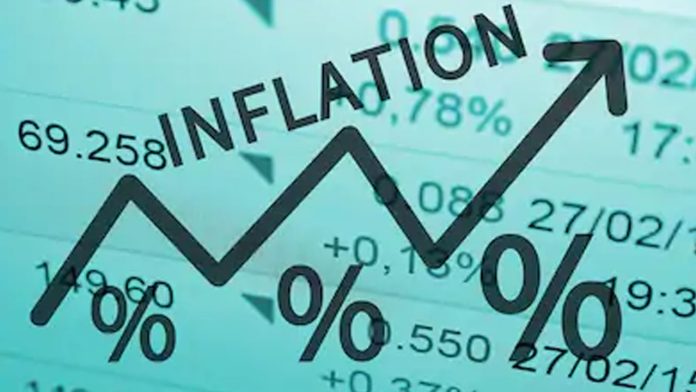Amid the scarcity of cash in the country, recently released data from the National Bureau of Statistics shows that Nigeria’s inflation rate has risen from 21.82% in January 2023 to 21.91%, indicating a small increase of 0.09%. The report attributes this rise to two factors: the ongoing naira crisis across the country and the uncertainties surrounding the presidential election that was recently concluded.
In addition, the report highlights that food inflation has also increased due to the rising prices of essential food items such as oil and fat, fish, meat, vegetables, yam, bread, cereals, and other food products. This could potentially have a significant impact on the cost of living for Nigerians who may struggle to afford these basic necessities.
Overall, the rise in inflation is concerning as it could lead to a decrease in purchasing power for individuals and potentially harm the country’s economic growth. The government may need to take necessary measures to address the situation and stabilize the economy.




